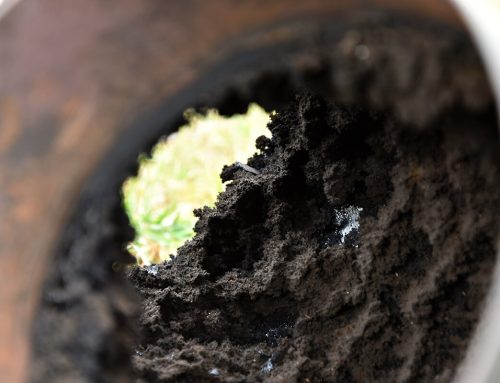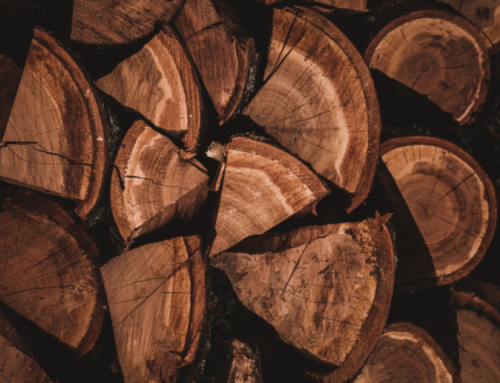A fireplace requires regular cleaning to maintain its safety and efficiency. These cleanings significantly reduce the risk of chimney fires, carbon monoxide poisoning, and structural damage, ensuring your fireplace is always ready to provide the cozy atmosphere you love. So, how often should you clean it? Let’s delve into it.
Cleaning Schedule
The frequency of fireplace cleaning is a responsibility that lies with the homeowner and depends on several factors, including how often the fireplace is used, the type of fuel burned, and the condition of the chimney. Here are some general guidelines to help you in this proactive role:

Regular Inspections
Ultimately, the best practice is to arrange for annual inspections by a qualified chimney sweep. Their expertise will help assess the condition of your fireplace and chimney, determine if cleaning is necessary, and identify any potential issues that need addressing.
Changing Up Your Firewood
One practical way to reduce creosote buildup and the need for frequent cleaning is by burning seasoned firewood. This type of wood, with its lower moisture content and cleaner burn, can significantly decrease the residue in your chimney, making your cleaning routine more manageable.
Signs It's Time to Clean
Aside from adhering to a regular cleaning schedule, you must watch for signs indicating your fireplace needs cleaning sooner. These signs may include:
- 1
Creosote buildup on the chimney walls
- 2
Soot and debris in the fireplace
- 3
Trouble starting or maintaining fires
- 4
Unusual odors coming from the fireplace
- 5
Smoke backing up into your home when the fireplace is in use
Creosote is a byproduct of burning wood. It can accumulate in the chimney over time and damage the lining, leading to structural issues that may require costly repairs. If not cleaned regularly, this creosote buildup can ignite and lead to chimney fires, posing a significant safety hazard to your home and family.
Blocked chimneys can cause carbon monoxide to back up into the home, potentially leading to carbon monoxide poisoning, a potentially fatal condition. Removing debris, soot, and creosote buildup allows for better airflow and combustion, resulting in a more effective and consistent burn.
Keeping your fireplace clean is essential for the safety, efficiency, and longevity of your chimney system. Regular cleaning helps prevent creosote buildup, reducing the risk of chimney fires and carbon monoxide poisoning.
Also, a clean fireplace operates more efficiently, providing better heat output and reducing the risk of structural damage to the chimney. Whether you use it often or just now and then, sticking to a cleaning schedule will ensure your fireplace stays cozy and worry-free all year.



